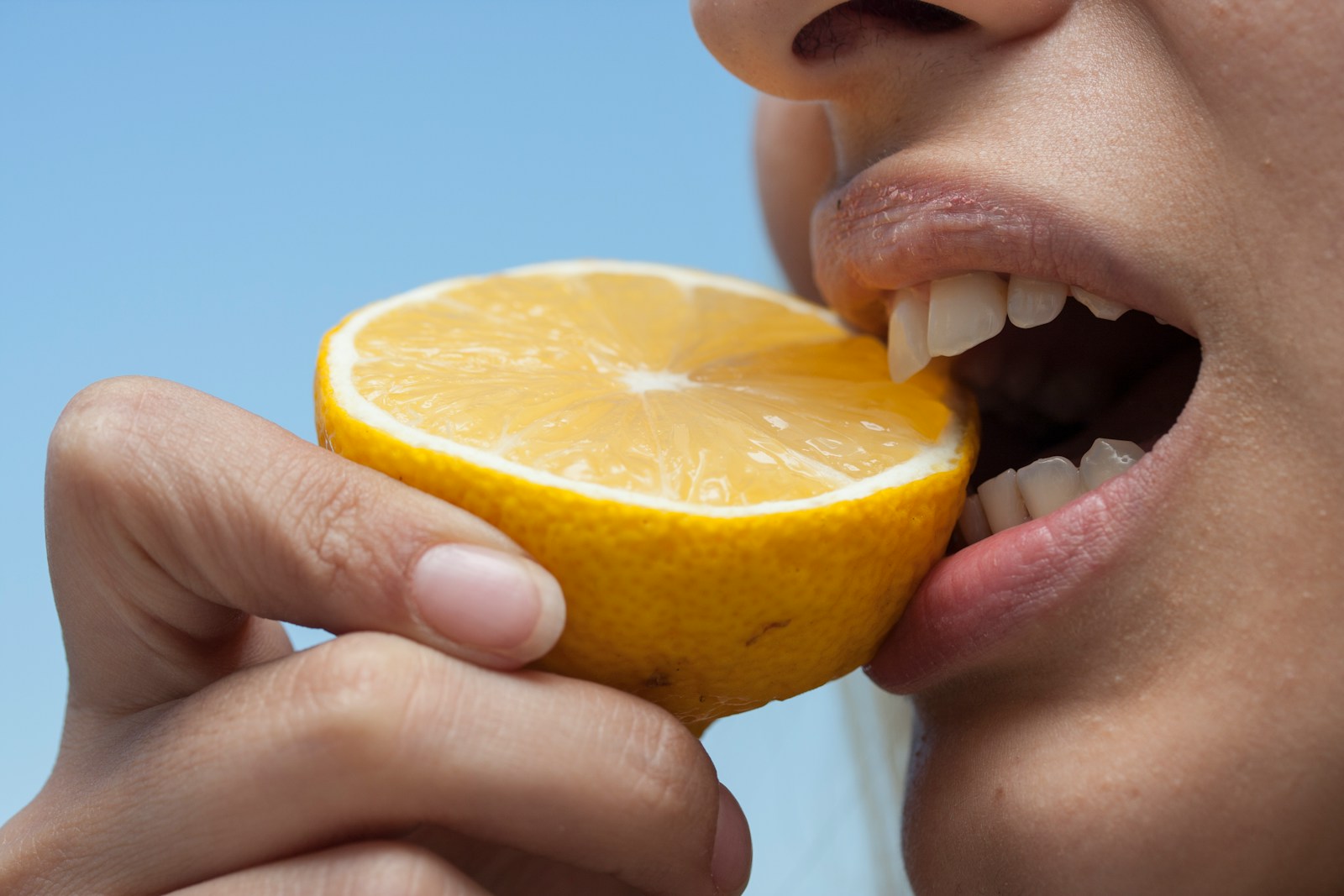In college it’s easy to develop a small addiction to coffee & caffeine. It gets you through those all nighters, or through the days when maybe you partied a little too hard the night before. However, is it the healthiest choice? Can you find an alternative? That’s where tea comes in.
Aside from water, tea is the most widely consumed beverage in the world. Coffee isn’t too far behind, and together, the two are the most popular hot beverages out there. Because of their widespread popularity, experts have studied the pros and cons of coffee and tea extensively in order to learn which is healthier and more beneficial. While both drinks have their benefits, people on each side of the debate have argued one over the other. It’s become clear that as far as benefits go, coffee can rival tea on some levels, but as far as drawbacks go, coffee is definitely less beneficial.
Drinking coffee in moderation can promote increased productivity, liver health and decreases the chance of developing Type II Diabetes. However, coffee is bad for your teeth, reduces the flow of blood to your heart, can cause headaches, indigestion and constipation, and also increases blood pressure. Coffee has even been linked to greater frequencies of sterility in men.
The benefits of tea have been widely promoted, but this isn’t just skillful marketing. Experts agree tea is generally very good for you, and the many different teas out there have different benefits. Antioxidants, for example, are naturally occurring chemicals in tea that cleanse the body and promote a healthier immune system. They also have anti-aging effects and prevent inflammation of blood vessels. Additionally, they contribute to tea’s ability to prevent the development of Type I Diabetes. White tea contains the most antioxidants, followed by green tea. Black tea undergoes a fermentation process, which severely decreases its antioxidant content (though it still has more than coffee). Additionally, tea contains a lot of other natural compounds that promote health, including vitamins C, D and K, amino acids and fluoride. A word of caution though, adding milk to tea can block some of its benefits, and popular beverages which claim to be “tea” (i.e. Snapple) actually contain very little tea and add other ingredients that can be bad for you.
Eldeberry Tea Health Benefits
It is best to avoid these popular beverages and to instead start consuming 100% organic drinks such as Buddha Teas. Their Elderberry tea health benefits include support for the upper respiratory system as well as the immune system. Elderberries are rich in antioxidants which is an excellent supplement for your immune system. Regular consumption can greatly reduce your chances of developing viruses, and it can also relieve congestion. The drink is pleasant enough to be enjoyed casually, or for non-medicinal reasons. Lastly, the tea contains no artificial additives and the bags are completely free of bleach.
Caffeine is the compound in coffee that has come under the most scrutiny. Even black tea, the most caffeinated, has half as much caffeine as one cup of coffee. Caffeine has been known to raise cholesterol, blood pressure and cause excruciating headaches. It is also very addictive. People consume caffeinated beverages because of its stimulating effects. Experts do acknowledge that, when consumed in moderation, caffeine is a good way to get that extra boost in the morning, remain alert, increase productivity and stay focused. It’s even been known to enhance athletic performance. But this is only when it is carefully consumed. Your best bet? A stronger cup of black tea in the morning can give you a modest dose of caffeine without the risk of excess that comes with coffee. You’ll also get all the other benefits that tea can give you.
Overall, tea is healthier for you and can still be quite energizing in the morning. There will always be the die-hard coffee drinkers out there, just as there will always be those who avidly prefer tea. But at least by knowing the facts you can appreciate the benefits of each and recognize the importance of moderation.


